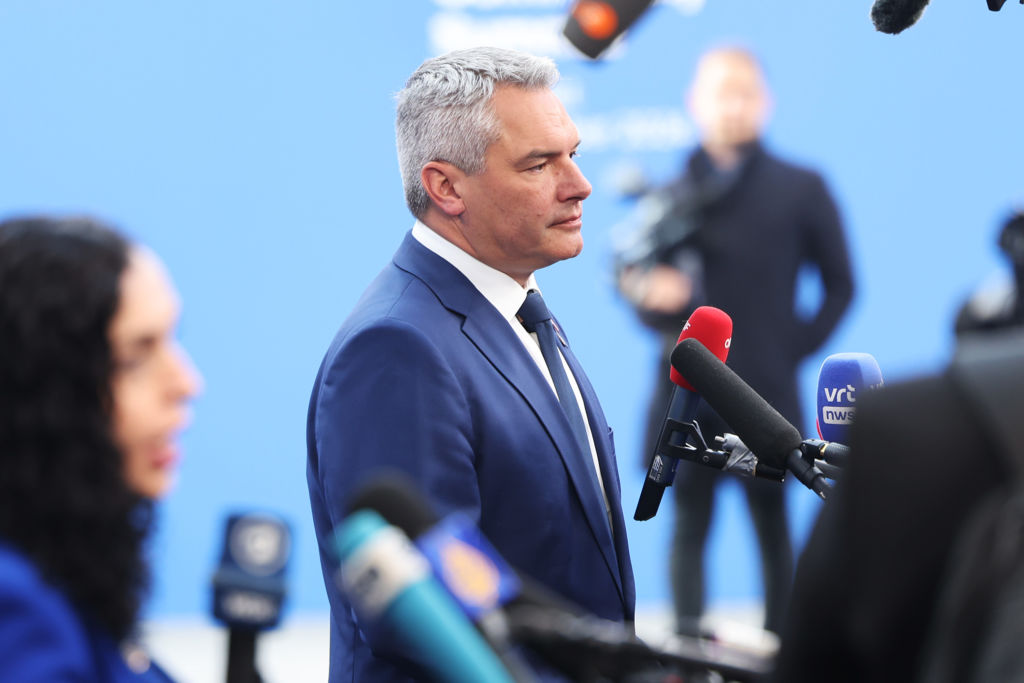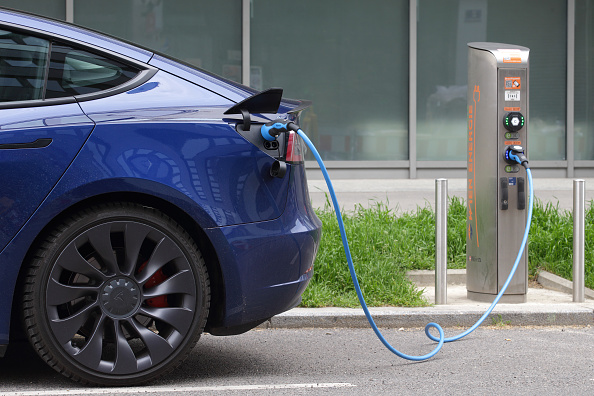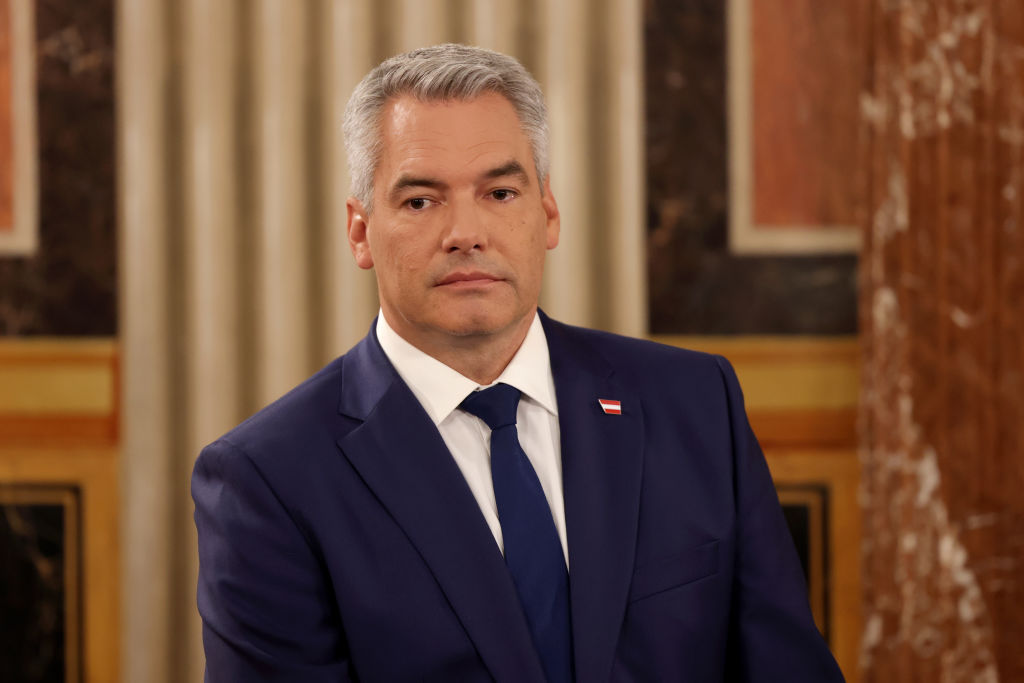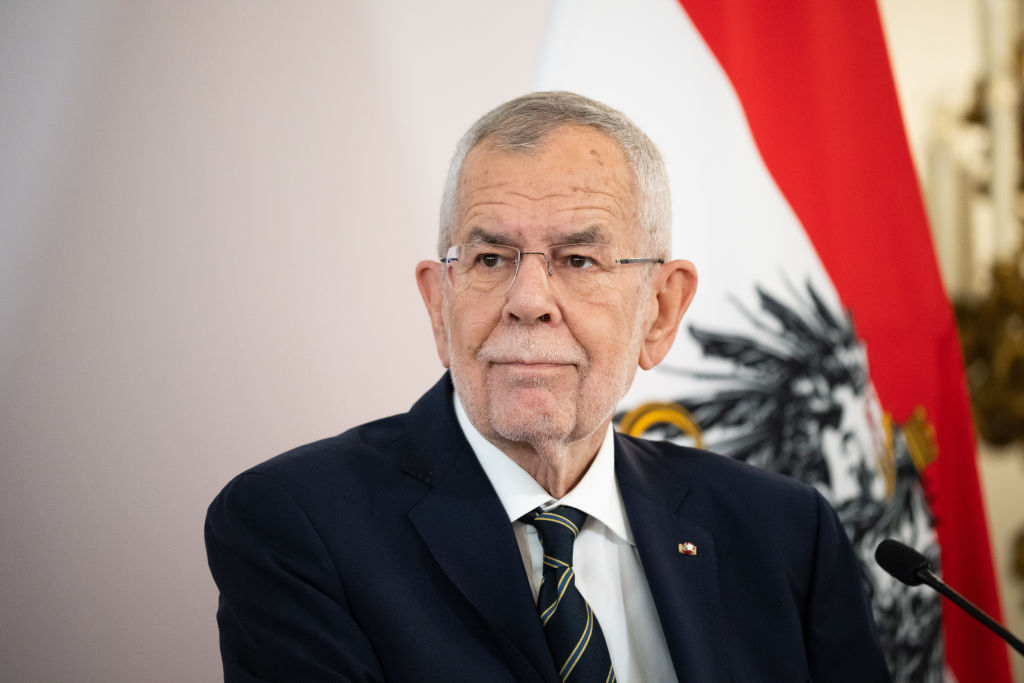The Austrian Beer Party (Bierpartei) has announced it was ending its political aspirations.
In a statement on February 3, the party said it would not run in the local elections in Vienna come April nor in any other future ballot.
Instead, the Beer Party would continue “differently”, although no more details were given. Its founder Dominik Wlazny remained equally vague in a video message.
The announcement marked the end of its 10-year political history after being founded in 2015 by Wlazny, a medical doctor and punk rock musician, known under his pseudonym “Marco Pogo”.
While it started out as a joke based on a song by Wlazny’s band Turbobier, its aspirations turned serious in 2019 when it first ran in the general election promising “free beer for all” on its campaign posters.
Despite much media fanfare in Austria and abroad – largely owing to the distinctive name – the Beer Party only received 5,000 votes.
In 2020, it ran in the Vienna local elections. While its 1.8 per cent of the vote was not enough to make it into the city parliament, the Beer Party managed to gain 11 seats on district councils.
Wlazny subsequently ran for President of Austria in 2022. A media darling, he received 8 per cent of the vote and came in third after Alexander van der Bellen (Greens) and Norbert Hofer (Freedom Party, FPÖ).
The hype around the Beer Party culminated ahead of the 2024 general election.
Despite no clear positions or political programme, aside from some general leftist remarks by Wlazny, the party polled as high 8per cent.
Still, as the election drew closer and Wlazny refused to elaborate on what his party actually stood for, the enthusiasm quickly fell flat.
When the Beer Party finally published its programme a month before the elections of September 29, it mainly consisted of left-wing standard phrases such as “asylum is a human right” and “more social workers in schools”.
In the ballot, the Beer Party barely scraped 2 per cent, keeping it outside parliament by a wide margin.
That may still have been a financial success for Wlazny and his colleagues: The Beer Party allegedly received more than €300,000 in subsidies for election campaign costs – despite running no real campaign.
Commentators added that the party may have received more than €800,000 in local party subsidies following the 2020 Vienna election. Moreover, each of the 10,000 new members it gained before the 2024 elections had reportedly had to pay €59 in membership fees.
Wlazny and his party – which he ran together with his father Michael Wlazny reportedly in an authoritarian fashion – are now accused by many commentators of enriching themselves at the cost of members and taxpayers.
“The Beer Party apparently was not a bad business,” Daniel Kosak, a consultant for the Conservative Party, said on X on February 4.
The Beer Party itself has maintained that all the funds were used up for its operations, campaigns, gatherings and employee costs.





